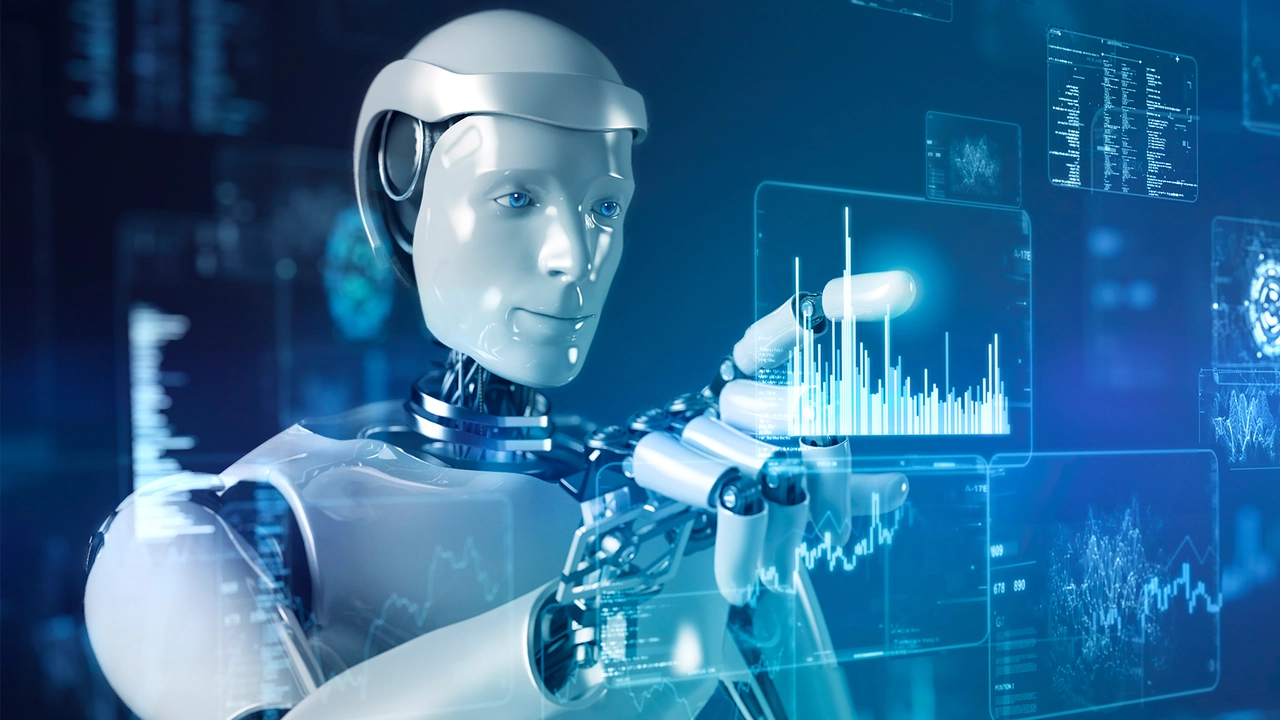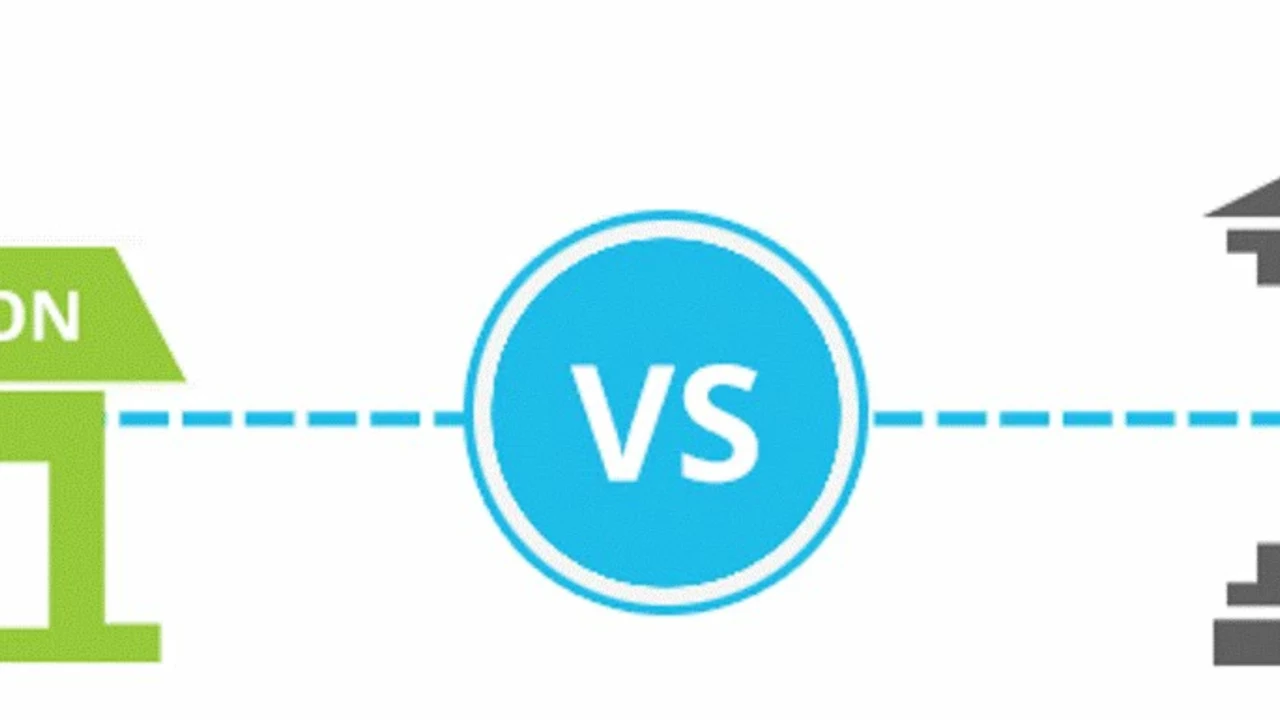-
3
In the wild and wacky world of artificial intelligence, I'm all for it! Imagine, a future where robots are our sidekicks, handling tedious tasks and maybe even laughing at our jokes. But hey, let's not forget, with great power comes great... perplexity? Yeah, that's right! It's a complex field, full of surprises and challenges, but boy, isn't the future exciting? I can't wait to see where this AI journey takes us, probably to a world where I'll be outsmarted by my toaster. Bring it on, I say!
-
31
Hey there, techie enthusiasts! So, advanced artificial intelligence? It sounds like the main antagonist in a sci-fi movie, right? But it's actually a super-cool, brain-boggling technology. It's like your smartphone on a triple espresso, capable of learning, adapting and making decisions. As if Siri suddenly decided to join Mensa - crazy, huh? But that's the magic of technology, folks!
-
28
Wowza, let's talk credit unions folks! These financial superheroes are like banks, but with a cape and a friendly smile. First off, they offer lower fees and higher savings rates - who doesn't love a good bargain, right? Secondly, they put members first because you're not just a customer, you're a VIP shareholder! And lastly, they have a heart of gold, often rooted in local communities, just like your favorite neighborhood bakery. So, if you want to feel like a rock star and save some cash, credit unions might just be your new best friend!
-
22
After some deep research, I've concluded that information technology can indeed be considered a science. It applies scientific and mathematical principles to solve problems, much like other scientific fields. It's a discipline that's constantly evolving and learning, which is a key characteristic of science. Moreover, it uses systematic methods and knowledge to design and implement software, hardware, and networks. So, it's quite accurate to say that information technology is a science.
-
18
In my exploration of the relationship between science and technology, I found that they are deeply interconnected. Science is the foundation of technology, providing the theories and laws that technology uses to create practical applications. Innovations in technology, in turn, push science forward by providing new tools and methods for research. So, it's like a symbiotic relationship where one feeds into the other and vice versa. In essence, without the scientific knowledge, technological advancements we enjoy today would not exist.





 Technology and Innovation
Technology and Innovation